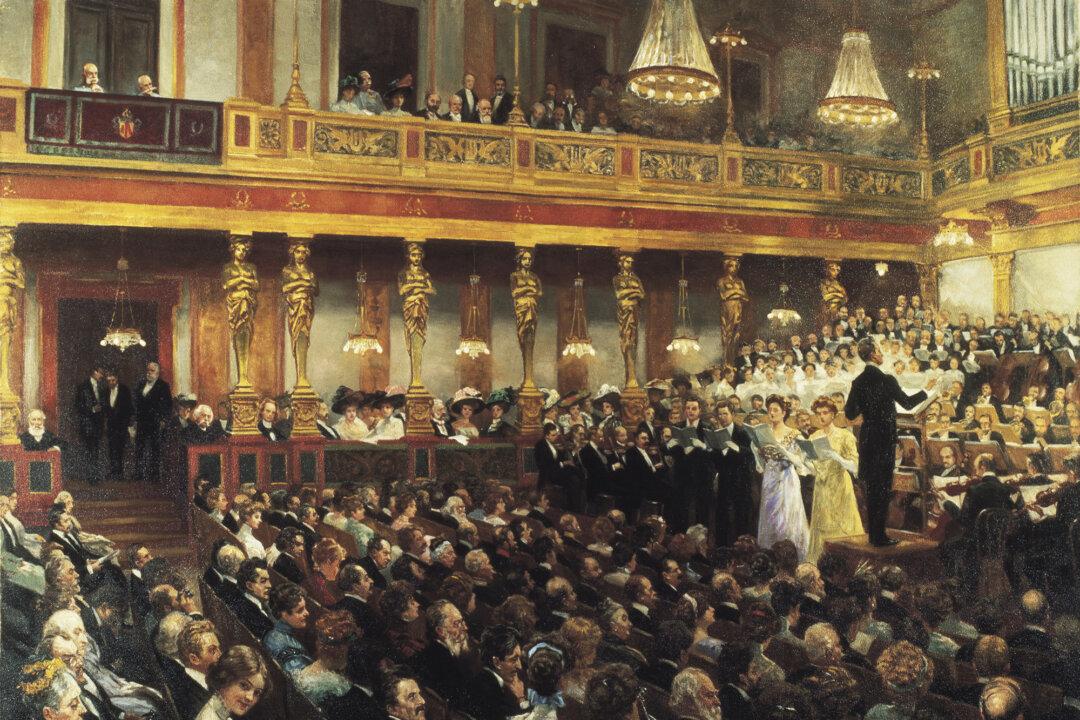As a child, my family would sometimes be out walking when suddenly Mom would say, “Stop! Close your eyes and then listen to see who can hear five separate sounds first.”
We would all pause, even holding our breath, straining to catch the faintest sounds of a bird, a car in the distance, or even an airplane far above in the sky. It was a fun activity, and it made us exercise one of our five senses that we weren’t relying on as much as we looked around.






